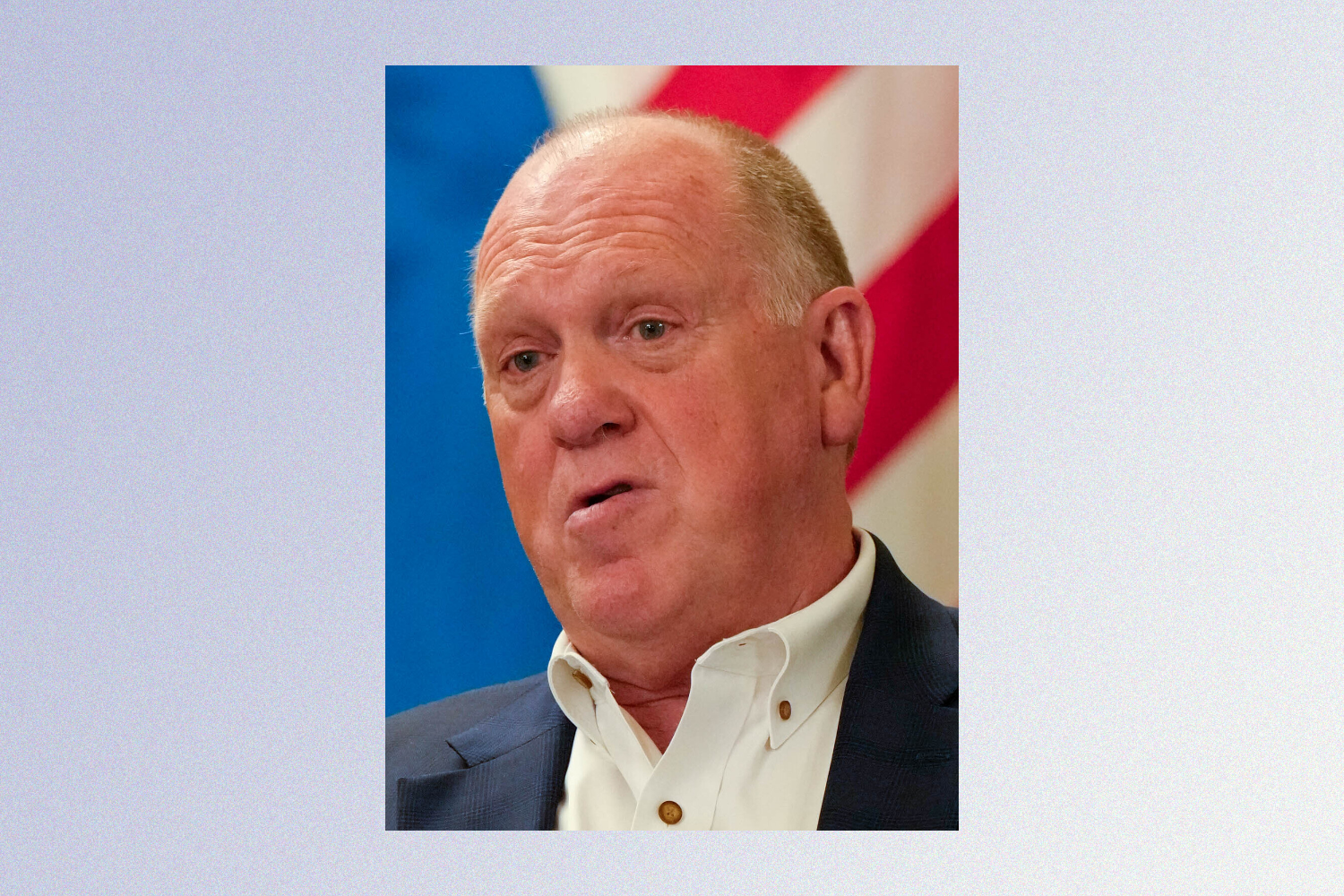It’s 2025 and sex workers are everywhere. Literally.
Especially after the influx of OnlyFans accounts during and after the pandemic, some experts note that there are as many sex workers as there are cashiers. But popular depictions of sex workers tend to highlight either the rich, glamorous, always-having-fun stripper type (have you seen Anora yet? Well… the first 20 minutes of Anora?), or use sex workers as emblems of pity for the choices they’ve been forced into, which have them caught in cycles of drug use and incarceration.
Sex workers are the new gays (as they were pre-2000s)—a sexual minority that the masses often misconstrue, misunderstand, fear, and vilify. But as we’ve achieved cultural ubiquity, our reputations are slowly improving.
Sex workers are not a monolith: We are a complex but powerful and distinct group of people that includes every gender, race, ethnicity, class, ability, and residential status. Some of us are temporarily in the sex trade, dabbling out of curiosity or short-term necessity. Others are in the industry for a long time, with thriving careers both in and outside of sex work. For many, our job choices lie somewhere in between choice and circumstance—just like most people.
I’d also like to point out that sex workers are staunchly against sex trafficking, and many of us have experienced exploitation within the industry. Yet most people who have been trafficked in the industry do not identify as sex workers, but survivors. When talking about sex workers, it’s important to both distinguish the lived experiences and also to separate the labor rights component: Sex work is work.
Sex workers in the Twin Cities have a better time than many in our country because of favorable laws that are a direct result of advocacy efforts. We are a haven for sex workers (thanks, SWOP-Minneapolis!). Our strip clubs are thriving. We have a robust club domme scene. And our arrests for street-based prostitution are low. Unless you go to Bloomington—which is a story for another time.
But who are sex workers, really? To answer this question, I spoke with three local sex workers about their life, their work, and what they want us to know about them.
Kiki Caliente
Kiki (she/her) is a trans-masculine kink and fetish escort living in Minneapolis who advertises as “Femme For Pay” (which is brilliant, by the way, and if you don’t get why, let’s chat). Kiki started in the sex industry as a sugar baby at 20, then moved to content creation with OnlyFans, and eventually made the transition to full-service escorting. After being laid off from a sex toy company, escorting is now her main source of income. Kiki is also disabled.
Living with POTS and epilepsy, Kiki describes her ability to work a regular 9-to-5 job to be damn near impossible. With her condition, she reports losing consciousness sometimes upwards of 10 times per day (or more if her medications aren’t working as intended). If you have ever cared for a loved one with a similar condition, or if you have one yourself, you understand the toll this has on trying to maintain daily normalcy.
“Sex work has been my savior,” she says.
Let’s talk about Kiki’s impact on her clients and on the world. Kiki’s clients are attracted to her as they challenge their own sexual and gender identities, and just by being who she is, she allows them to find themselves as they explore gender transitions and different means of expressing themselves. “I show up in whatever ways they need me to and am able to show them the lovely things of womanhood,” she says.
In this way, Kiki acts as a gender surrogate, an emotional support companion, and an outlet for expression. It’s not just sex that keeps her clients coming back, but the rest of her humanity she is able to offer.
Vero Bunny
Bunny, like Kiki, is a trans femme-for-pay escort and content creator who finds solace in the arms of the thriving Twin Cities queer and trans scene. She/he/they are a transplant from Tallahassee and have been living in Minnesota for over two years. Bunny is really grateful to be surrounded by “people who get them.” Bunny is a cancer survivor.
Bunny has danced at DreamGirls downtown and occasionally goes back to dance, but she notes the vibe in the strip clubs does not always gel with her. In Tallahassee, strip clubs are illegal, but it was there that Bunny was able to find her first community of sex workers and learned about the harm stigma brings.
Even before Bunny came out as trans to her family, she was kicked out of her very conservative household for having regular, cis, straight sex, even after having to undergo chemotherapy. Her kinky weirdness never stood a chance in that environment.
She started camming at age 19, and because of this work, she says, she was for the first time able to live stably and without roommates. “For a lot of people, sex work is the only option or the only thing that makes sense. Capitalism has trained me to do this, to be a sex worker. It’s really not so different [from “civvy” work] except for the lack of political voice we have,” she says. “We are all just trying to have bodies and make ends meet.”
Bunny creates art—from painting to performance art, they use their spare time to build a world that works for them and is reflective of them. Bunny is also disabled and finds the sex work industry best suits her needs at this time.
Athena
Athena (she/her) is a stripper-turned-escort born and raised in the Twin Cities; she has worked for several strip clubs throughout Minnesota and now organizes with Sex Workers Outreach Project (SWOP) - Minneapolis. Athena initially entered the sex industry out of survival, which usually indicates street-based sex work. The Global Network of Sex Work Projects (NSWP) reports that survival sex work can be the result of “numerous systemic factors or personal circumstances of poverty, homelessness, drug use and mental health,” and those who rely on it “as a result work in dangerous circumstances.”
“I won’t trauma dump on you, but I started as a survival sex worker, like so many folks do,” Athena says. “It wasn’t glamorous, and it wasn’t empowering at the time. It was survival, plain and simple. But over time, as my life stabilized and I began to heal, I reached a point where I was able to actually choose sex work. I kept doing it because I wanted to, not because I had to.”
“That shift completely changed how I moved through the industry,” she continues. “It’s been a privilege to reclaim my narrative and to be open and transparent about the work I do. I know how rare that is for a lot of sex workers, and I don’t take it lightly. Being visible in this way comes with its risks, but it also creates space for other sex workers to feel seen, heard, and valued. That’s what keeps me grounded in the work, not just the labor itself, but the community, the resistance, and the possibility of rewriting what this path can look like.”
Athena has played many roles in the sex industry as a consensual worker, including stripping, full-service sex work, and creating online content. She has also worked as a dominatrix.
“People love to categorize us, but I’m not interested in shrinking myself down like that,” she says. “Sex work is fluid, and most of us wear multiple hats throughout our journeys … I’m also in the process of becoming a sex therapist, not just for clients, but to build something better for sex workers, spaces where we’re affirmed, supported, and actually understood. For me, it’s always been about expanding the definition of what sex work looks like, and claiming it with pride.”
While Athena’s journey towards being an empowered sex worker in Minneapolis is hopeful, she offered some critical insights into the industry: “Let’s be clear, sex work is still criminalized here. All sex workers, but especially full-service workers, are still targeted, still dehumanized, still treated like they don’t matter. We need to decriminalize sex work in Minneapolis and across Minnesota, and honestly everywhere. Until we do, everything else is just surface-level.”
Decriminalization of sex work is a whole movement that will take legal as well as societal shifts, and it won’t be attained easily or quickly—but we are working on it.
“Doing this work in Minneapolis means pushing against systems that were never built for us and doing it anyway,” Athena says. “It means showing up in rooms where we weren’t invited and refusing to be ignored. It means calling out performative allyship and demanding real change. I'm proud of the community we’re building here. And I won’t stop until all sex workers, not just the ones people feel comfortable with, have safety, dignity, and power in this city.”
Land o’ Lusts is a love letter to the bohemian underbelly of the Twin Cities. In each installment, writer Melodie KG—a Minneapolis-based consultant, nonprofit leader, and adult industry professional—seeks to dispel myths, uphold truths, and inspire conversations that reduce stigma for local sex workers, erotic professionals, risqué artists, and other deviants.
Have an idea for a story or profile? Interested in being interviewed? Have a (hopefully not literally) burning sex question? Reach out to me at contact@melodie-kg.com.







